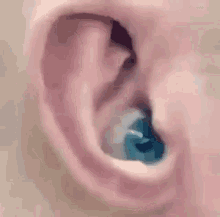I'm not sure the Toole and Olive data is robust enough to generalize. But I would certainly bet that way.You missed the bit where Toole and Olive conducted experiments that show people prefer the lowest colouration. You seem to be living the fantasy that we all have widely disparate and unique tastes in sound reproduction.
edit: and yet it is the most robust data in the public domain, as far as I can tell....




